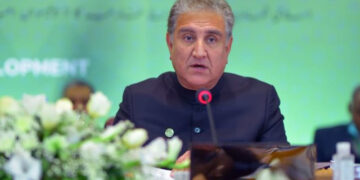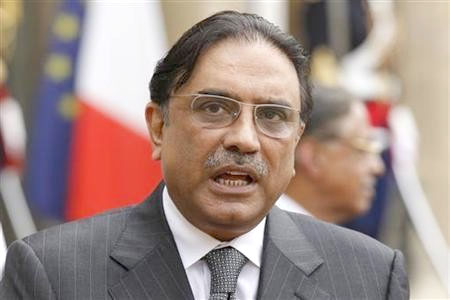A sub-committee of the parliamentary committee on electoral reforms has proposed that polling staff — including district returning officers, returning officers, presiding officers and personnel of police and other law-enforcement agencies performing election duties — be placed under the administrative control of the Election Commission of Pakistan (ECP).
[contentblock id=1 img=adsense.png]
A meeting of the sub-committee held here on Tuesday recommended that the ECP be empowered to take action against staff found guilty of dereliction of duty. However, it is still not clear whether the commission would be able to take disciplinary action against delinquent returning officers and other polling staff or it would direct the ministries and departments concerned to do the job because two different modes have been proposed by the ECP in unified election laws of 2012 and 2014. Minister for Science and Technology Zahid Hamid, who is convenor of the sub-committee, told Dawn that putting polling staff under the ECP would imply that the commission would have powers to act against wrongdoers.
[contentblock id=2 img=gcb.png]
This was what the ECP proposed and the sub-committee approved the proposal, he said. But the procedure to punish those responsible for misconduct was yet to be discussed, the minister added. Under the draft unified election law, 2012, the ECP has sought powers to take disciplinary action and impose a penalty on an officer for misconduct provided in the efficiency and disciplinary rules, and appoint an authorised officer for the purpose. But under the draft unified election law, 2014, the commission can suspend and replace any officer found guilty of dereliction of duty or insubordination — the provision was there in the old version — but the ECP will not act directly and instead make recommendation to the ministry or department concerned for an action by the competent authority against a person suspended for any action calculated to influence the result of an election.
[contentblock id=3 img=adsense.png]
The competent authority will, however, be required to act upon the recommendation and communicate the action taken against the person to the commission within 90 days. The law does not describe how to proceed if the ministry or department concerned fails to follow the directive. When contacted, an ECP official said that such a failure might entail contempt proceedings by the commission against the person responsible. Earlier talking to reporters, Mr Hamid said the sub-committee had started examining the Representation of People Act, 1976. The sub-committee would propose the draft unified election law and unified election rules and prepare a manual of election laws and rules, he said.











